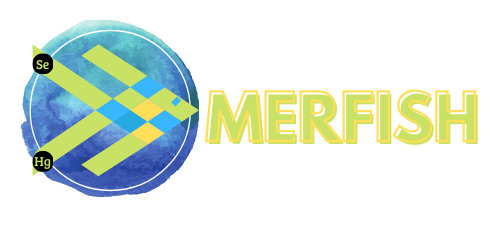[Bergen, Norway], [20th June 2024] – Europe for Business (EFB) and the Institute of Marine Research (IMR) are pleased to announce a collaborative training initiative aimed at enhancing understanding of the complex interactions between mercury and selenium in fish and human health. This training, led by EFB’s Leonardo Piccinetti, is a key component of our Project.
Merfish Project is a multidisciplinary research effort dedicated to addressing the global mercury challenge.
Leonardo Piccinetti to Lead Training at IMR
Leonardo Piccinetti, a distinguished expert in environmental and human health, conducted a comprehensive training session at IMR with Dr Yiou Mike Zhu. The training focused on the latest research findings regarding the health implications of mercury exposure from fish consumption, with a particular emphasis on the protective role of selenium.
The Merfish Project: A Collaborative Approach to a Global Challenge
The Merfish Project represents a collaborative effort among leading research institutions, industry stakeholders, and policymakers to tackle the complex issues surrounding mercury contamination in the environment and its impact on human health. The project’s overarching goal is to develop innovative solutions for mitigating the risks associated with mercury exposure while ensuring the sustainability of seafood resources.
Key Areas of Focus
The Merfish Project encompasses a wide range of research activities, including
🟢 Development of advanced analytical techniques for accurate mercury measurement.
🟢 Investigation of mercury’s movement through the food chain.
🟢 Assessment of the nutritional balance between the risks and benefits of fish consumption
🟢 Evaluation of mercury’s ecological impact on marine ecosystems.
🟢 Study of the effects of mercury on human health, with a focus on selenium’s protective role.
A Commitment to Public Health and Environmental Sustainability
Through this collaborative training initiative and the broader Merfish Project, EFB and IMR are demonstrating their commitment to advancing scientific knowledge, promoting public health, and ensuring the long-term sustainability of our planet’s precious marine resources.












